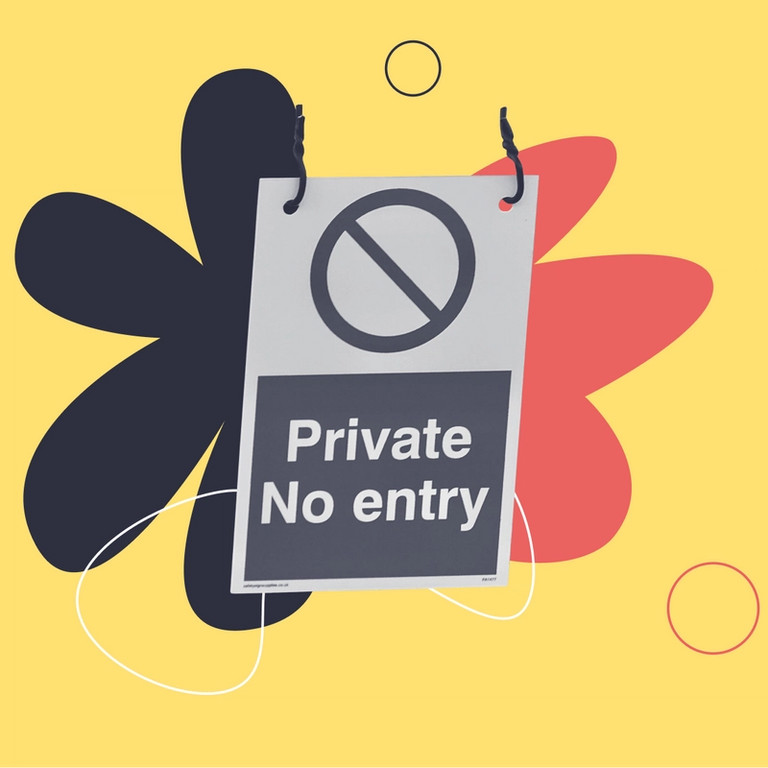Accessibility means making services, systems, interfaces and products available to everyone. On the web, people tend to mistakenly link accessibility with people with disabilities, which is wrong and exclusive. While exclusivity might sound appealing to some brands, we don't want that – we want to be inclusive. Accessibility is for everyone.
Sounds simple, right? Yet, 98% of websites still fail to comply with all of the standards, which is not only unjust but terrible for business. So to mark today's Global Accessibility Awareness Day, we’re answering the question: Why aren’t we all accessible?
It’s a panic-inducing mess
Accessibility often triggers fear because it's associated with scary things like the Disability Discrimination Act (DDA) or ADA. Every conversation on the topic usually starts with “we haven’t done this and we’ll get sued", sounding at best like compliance and at worst like a blunder. Instead, these discussions should be approached as great opportunities to rethink ways to drive better conversions across a wider spectrum of customers.
There is no strategy in place
Most of the panic comes from not being organisationally ready and getting surprised by a complaint or a third-party audit (or ambulance chaser). In reality, very few businesses have been prosecuted for violating disability legislation, which is not a great thing if you think about it. However, it also means if you're working towards good accessibility, you have a defensible position.
The guidelines are not accessible
Ironically, Web Content Accessibility Guidelines (WCAG) are not as accessible as they should be. They are complicated for most people and predominantly technical because they are intended for a technical audience. The guideline is not specific about how and what you implement on your website; it’s about intentionality. ADA is even vaguer – it’s not industry-specific, so it is open to interpretation at a State level. The danger here is a predatory US legal system rather than actual accountability.
Lack of understanding of your audience
If you can't grasp what your audience can realistically do, you’ll never become accessible. Also, chances are the people you’re alienating aren’t taking their valuable time to tell you that your platform isn’t accessible. Instead, most of them are leaving your site, discarding your brand forever and badmouthing you to their friends and network. So how do you get started?
We'll host a workshop on ways to approach accessibility at your organisation. Interested in attending? Sign up here, and we’ll send you an invite once we’re ready to host it.
